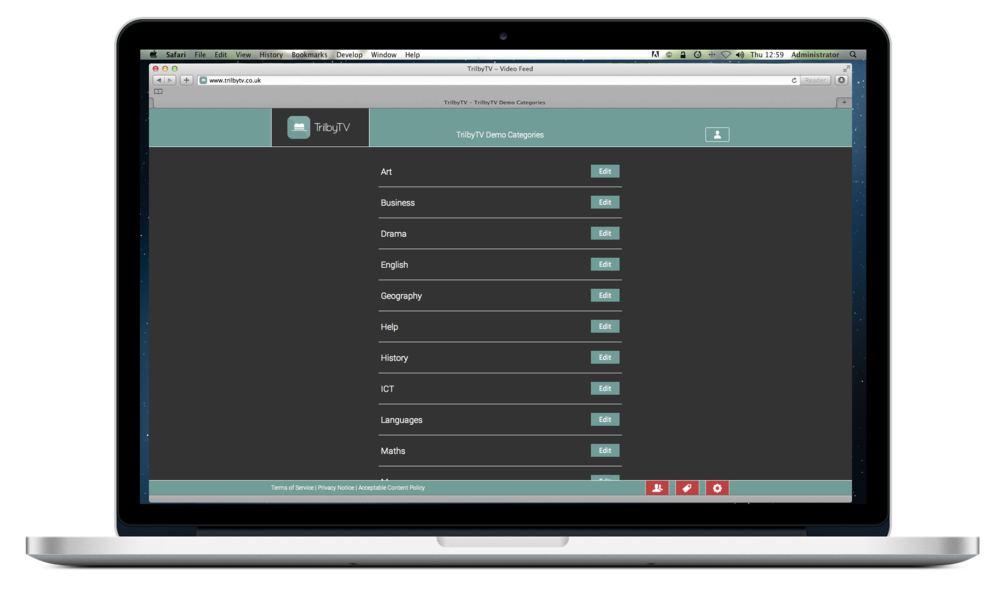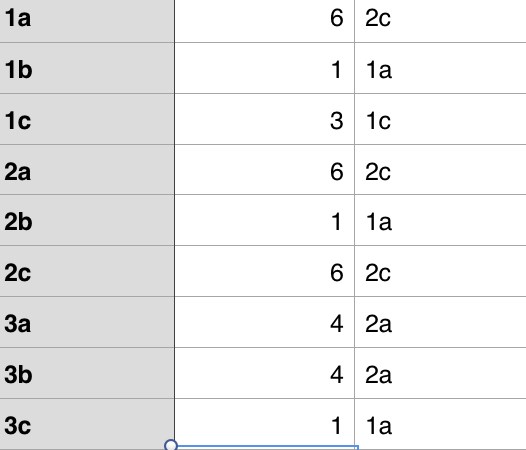The preference of some Academies for not collaborating with other schools is not only annoying, it is, ultimately, self-defeating. Whether it stems from hubris, aggressively defensive commercialism, or a combination of the two, this practice seems to assume that one school cannot learn from another. Or, at least, that it will learn less than it "gives away".
Read MoreSome Principals and Headteachers think that a good way around the problem of teaching computing is to not worry about whether teachers have subject knowledge at all. “All we need are facilitators”, they say, “while the kids can teach themselves and each other.” This is, as any teacher knows (or should know), easy to say, less easy to do, and not altogether the most desirable thing to do even if you can do it. However, just in case your school happens to be “led” by one of the aforementioned Headteachers, here are some arguments you may want to use. I think that any one of them should suffice, and all of them together make for a cast-iron case.
Read More Would it be possible to create a self-referential puzzle or challenge? And if so, could it be helpful in the teaching of computing?
Would it be possible to create a self-referential puzzle or challenge? And if so, could it be helpful in the teaching of computing? Would it be possible to create a self-referential puzzle or challenge? And if so, could it be helpful in the teaching of computing?
Would it be possible to create a self-referential puzzle or challenge? And if so, could it be helpful in the teaching of computing?












